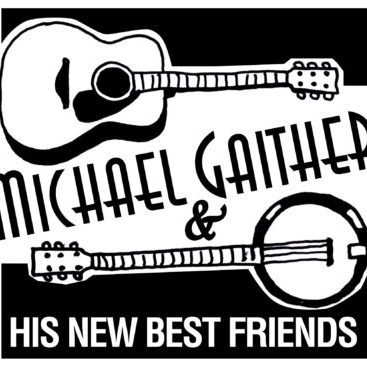The recording effort on the CD is about 2/3 done. The working title is “Spotted Mule”. (Why a mule, you ask? More on that in the “Mule Shots” entry farther down on this page.)
I decided on one cover tune for the CD. After months of looking for the perfect song (went through a long list…ask any of my nearby friends…it’s been torture, I’m sure) I decided on Tom Petty’s “Running Down a Dream”. I already have a couple of original car and highway songs recorded, so this was a good fit.
There’s an old joke that says that you can take any song, capo it up a few frets, and play really fast, you’ve got a bluegrass number. So we did.
We recorded “Running Down a Dream” at a kind of ridiculous pace. We layed down the first tracks with an acoustic guitar replacing Mike Campbell’s famous electric lead. Eventually we’ll add banjo to that. Should be fun.
Another learning experience on this project was how to legally obtain copyrights to record someone else’s song. So how does one obtain a “mechanical copyright” to record a song, you ask? You start with The Harry Fox Agency. They have a huge catalog of popular songs online. You select a song on their site, add it to a web-based shopping cart, pay, and soon you have the “mechanical copyright” for duplication.
Unless Harry Fox doesn’t own the full copyright. In the case of “Running Down a Dream”, they only had 33.34%. The full writing credit belongs to Tom Petty, Mike Campbell (his guitar player), and Jeff Lynne (he produced Full Moon Fever, the album the song appeared on).
Three writers. Three publishing companies. I paid for Lynn’s piece through Harry Fox. The Harry Fox site listed the other two publishing companies: Wild Gator Music and Gone Gator Music. “Gators”, get it? Petty and Campbell are from Florida.
I called ASCAP, asked for their research department, and was given the phone numbers for Wild Gator Music (they handle Mike Campbell) and Gone Gator Music (they handle Tom Petty). ASCAP is EXTREMELY helpful, by the way.
A couple of quick phone calls, one fax, two checks in the mail, and it’s all done. Mechanical copyright fees are based on the length of the song and the number of CDs you’re having produced. In my case, I got the okay from the publishing companies that handle Petty, Campbell, and Lynne for about the price of a CD each.

Sounds like deal to me.
